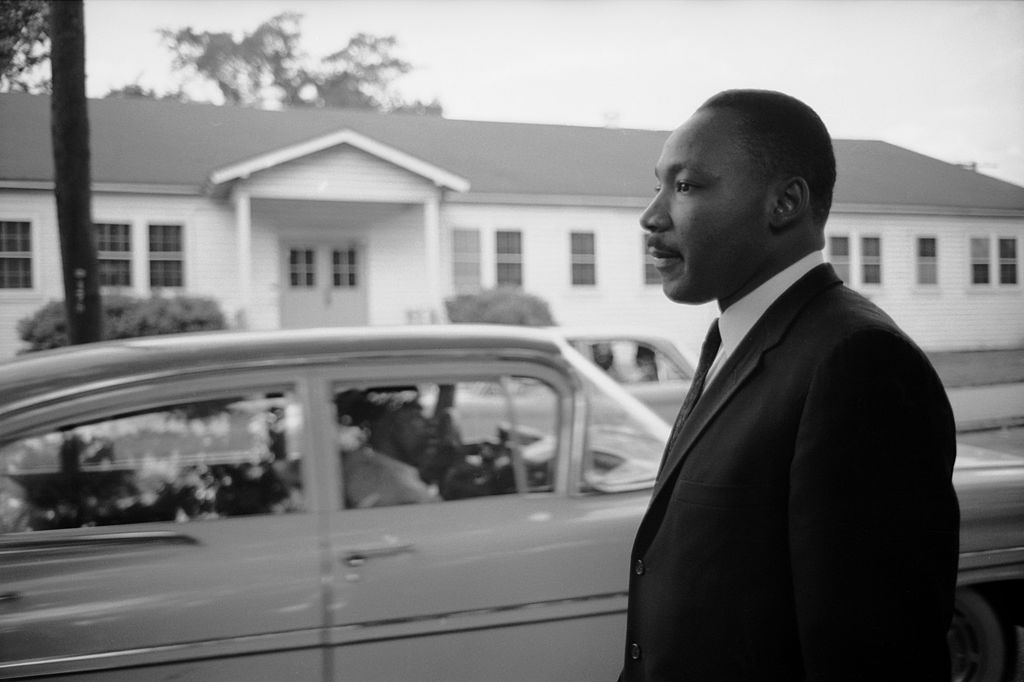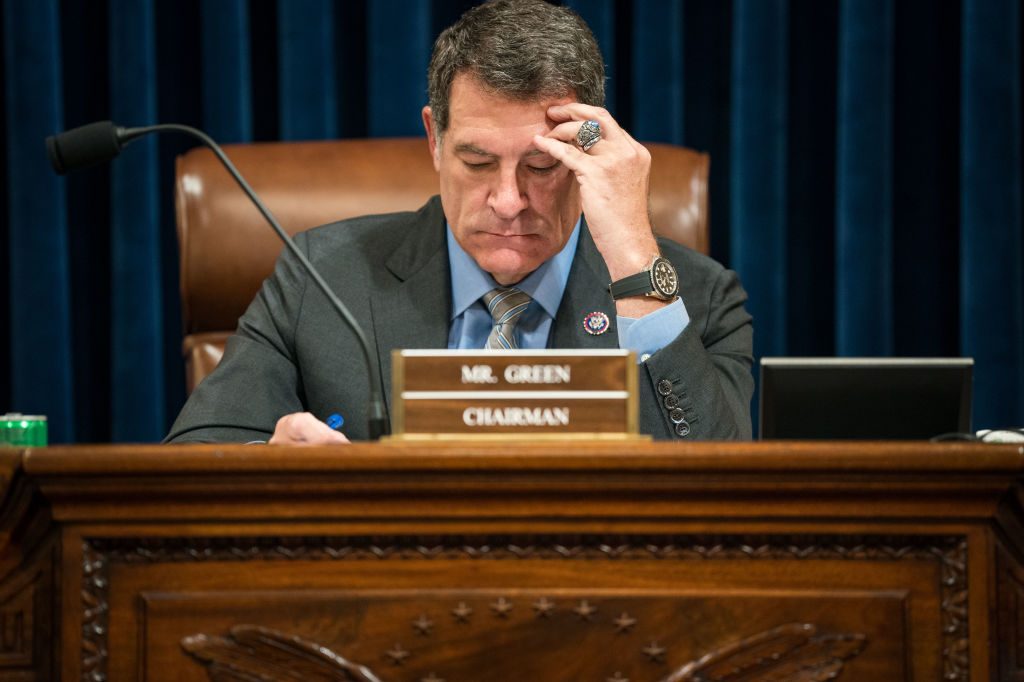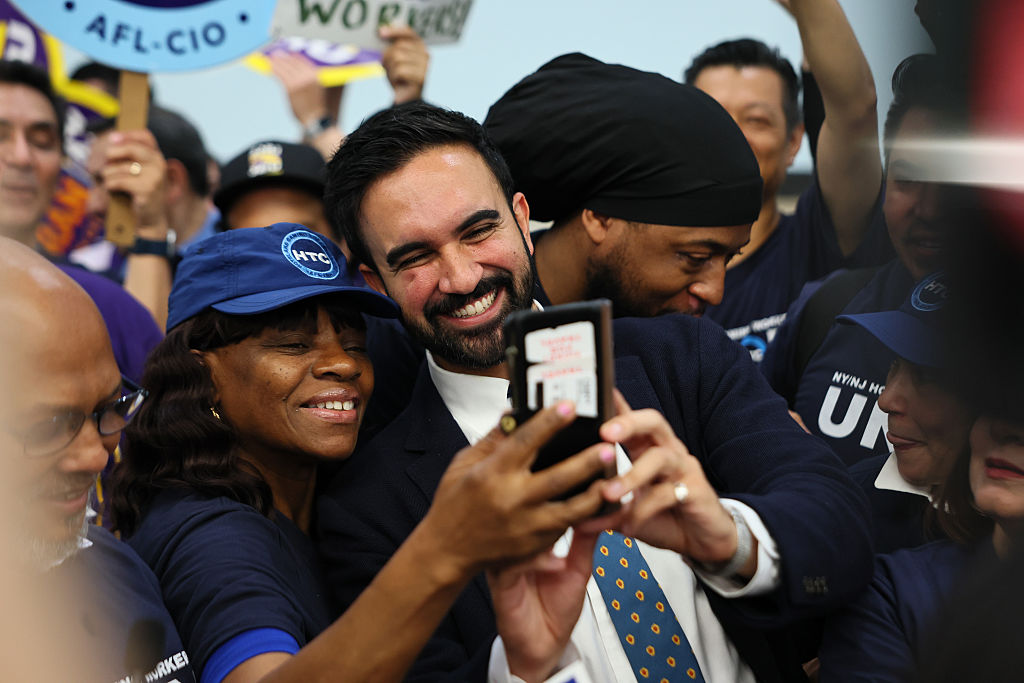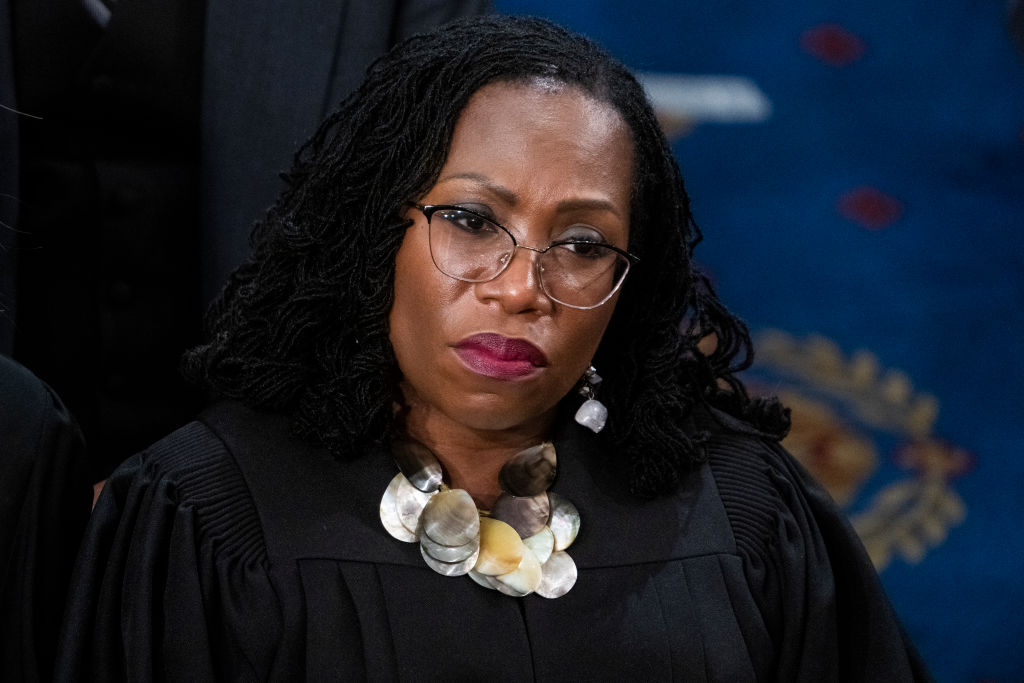It’s #MeToo time for Martin Luther King — despite, historian David J. Garrow alleges, the efforts of senior staff at the New York Times, the Washington Post, the Atlantic, the LA Times and the Guardian. In this week’s Green Room podcast, Garrow, a Pulitzer Prize-winning historian, alleges that these outlets chose not to publish his discovery of transcripts from the FBI’s taped surveillance of Martin Luther King. Instead, Garrow’s research was published this week in Britain’s Standpoint magazine.
https://audioboom.com/posts/7278289-martin-luther-king-s-troubling-legacy
The transcripts report King, an icon of the Civil Rights era, taking part in orgies, coercing women into performing sex acts upon his friends, and laughing as he watches a fellow minister rape a parishioner. In 1977, a court embargoed tapes of the FBI’s surveillance until 2027. There is no reason to doubt the accuracy of the transcripts. Also in 1977, a report from the Justice Department’s Office of Professional Responsibility confirmed that the transcripts faithfully reflect the recordings.
Garrow’s article is harrowing to read, and must lead to reconsideration of King’s character. In Las Vegas, King takes part in group sex with the Gospel singer Clara Ward, an unnamed male friend, and a 28-year-old prostitute named Gail LaRue, a mother to four children who describes the evening as ‘the worst orgy I’ve ever gone through’.
At the Willard Hotel in Washington, DC, King participates in a 12-person ‘sex orgy’ and boasts in Trumpian fashion that he has started the ‘International Association for the Advancement of Pussy Eaters’. When a woman refuses to perform what the FBI euphemisms as ‘an unnatural act’ — presumably oral sex — King discusses with his friends how she will be ‘taught and initiated’ into following orders, and tells her that compliance will ‘help your soul’.
In the same hotel, King’s friend, the Baltimore pastor Logan Kearse invites King and his friends to meet several of his female parishioners. ‘The group met in his room,’ the transcript runs, ‘and discussed which women among the prisoners would be suitable for natural or unnatural sex acts. When one of the women protested that she did not approve of this, the Baptist minister immediately and forcibly raped her.’ A handwritten addition to the transcript notes that ‘King looked on, laughed and offered advice’.
David Garrow is an accomplished historian of the Civil Rights era, an experienced interpreter of FBI material, and a biographer of Barack Obama. He holds a Pulitzer Prize for his biography of King, and he also happens to be an erstwhile member of the Democratic Socialists of America. The ideas that Garrow is a sensationalist or that his MLK article is a ‘conservative’ hit job are ludicrous. But a chorus of academics have attacked Garrow in the Washington Post, one of the outlets which looked at but refused to publish his discoveries.
Donna Murch of Rutgers calls Garrow’s evidence ‘very, very flimsy’, even though Garrow provides extensive hyperlinks to primary evidence published by the National Archives. Glenda Gilmore of Yale questions the ‘veracity of an anonymous handwritten note’ on the FBI report. Nathan Connolly of Johns Hopkins calls Garrow’s evidence ‘deeply suspicious’ and his publication of the documents as ‘archivally irresponsible’. Donna Murch even imputes racist motives to Garrow and Standpoint: ‘This is a long tradition of sexualization of black politics and of black political figures as a way to undermine legitimate political claims’.
Gillian Brockell, whose Post biog mentions her winning an Emmy as a video editor but says nothing about any experience in government archives, refers to the transcripts as ‘purported to be summaries of recordings’. ‘Purported’ means ‘appearing or stated to be true, though not necessarily so’, or ‘alleged’. But the 1977 Justice Department report confirmed the accuracy of the transcripts. On what basis does Brockell imply that Garrow is professionally incompetent or, given Murch’s insinuation, malicious?
‘I doubt very much that the individuals in question have looked at the documents,’ Garrow tells me in our podcast conversation, before demolishing their criticisms. ‘There’s only a very small number of us US scholars who really have extensive experience with the documents. In working with this material and in writing my piece, I shared all of this with colleagues who likewise have considerable expertise.’
No less appalling, if true, is Garrow’s claim that senior editors, almost all white and male, overruled their frequently female and non-white staff when it came to publishing his findings. Naming the New York Times, the Washington Post, the Los Angeles Times, the Guardian, and the Atlantic, Garrow alleges that the editors are afraid of being attacked as racist by Twitter mobs — a theory that seems to be confirmed by the Post’s attack on Garrow.
We might add that King is sacred to liberalism — perhaps so much a saint that the prelates of the press are covering up his feet of clay. Whether caused by misplaced paternalism, cowardice, or simple partisanship, this is a dereliction of journalistic duty. It’s hard to imagine the same newspapers demurring from running transcripts involving Richard Nixon or Donald Trump.
As Garrow says, the King transcripts are not about race. They are about the abuse of male power. In this season of #MeToo, the suppression of this story by major American newspapers, if that is what really happened, should be as much of a scandal as Garrow’s revelations themselves. Listen to this podcast, and judge Garrow and his methods for yourself.
https://audioboom.com/posts/7278289-martin-luther-king-s-troubling-legacy

























